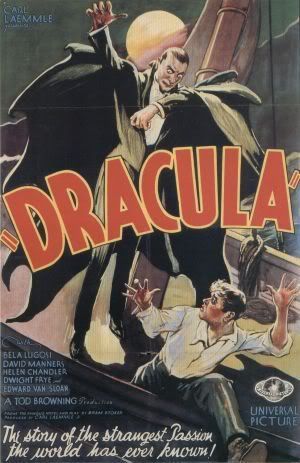
I am a fan of the Dracula story and mythology, find Stoker's "Dracula" a memorable and eerie work, and directed and wrote stage productions based on the Hamilton Deane play from the 1920's (altered by Balderston for the 1927 New York run, in which Lugosi first played Dracula) in high school and university, and as you may have already guessed I have few if any issues with the script for the film (it is certainly not in any way faithful to Stoker's novel outside of the very basic plot, however, but that does not affect its quality in my opinion).
What makes "Dracula" a mildly interesting diversion as opposed to the classic it could have become is Browning's awkward and stiff direction in his second talkie. I enjoy many films by Browning and "West of Zanzibar" is nearly a masterpiece, but his work here is transparent and uninspired. Simply comparing this film to the Spanish-language proves how flat it is and how much it lacks cohesion due to the terrible editing. George Melford's direction in the Spanish-language version, shot on the same sets and released in the same year, is so superior to Browning's work that you begin to wonder why Universal didn't switch directors once they saw footage Browning shot.
What the Spanish-language version doesn't feature, however, is Bela Lugosi. It does star Carlos Villar as Conde Drácula, though, and the less said about that monstrosity of a performance the better. Lugosi is still quite possibly the definitive Dracula, and so many moments here capture him in all his glory. "Dracula" is worth seeing not simply because it is a film with an important legacy but merely for Lugosi's take on the Count. He really is superb here. Dwight Frye's Renfield is also excellent.
"Dracula" is far from a perfect film. It's also pretty far from being the sort of classic many claim it is. It really is nothing more than a middling, average filming of a great play with a great lead performance. Thankfully the script and acting save this film from the inexplicable ineptitude of Browning's work here, and the sheer lack of cohesion in the flow of the film.



No comments:
Post a Comment